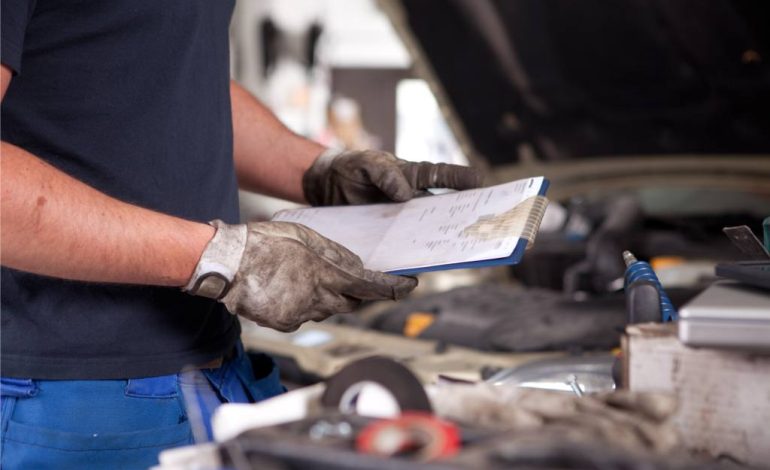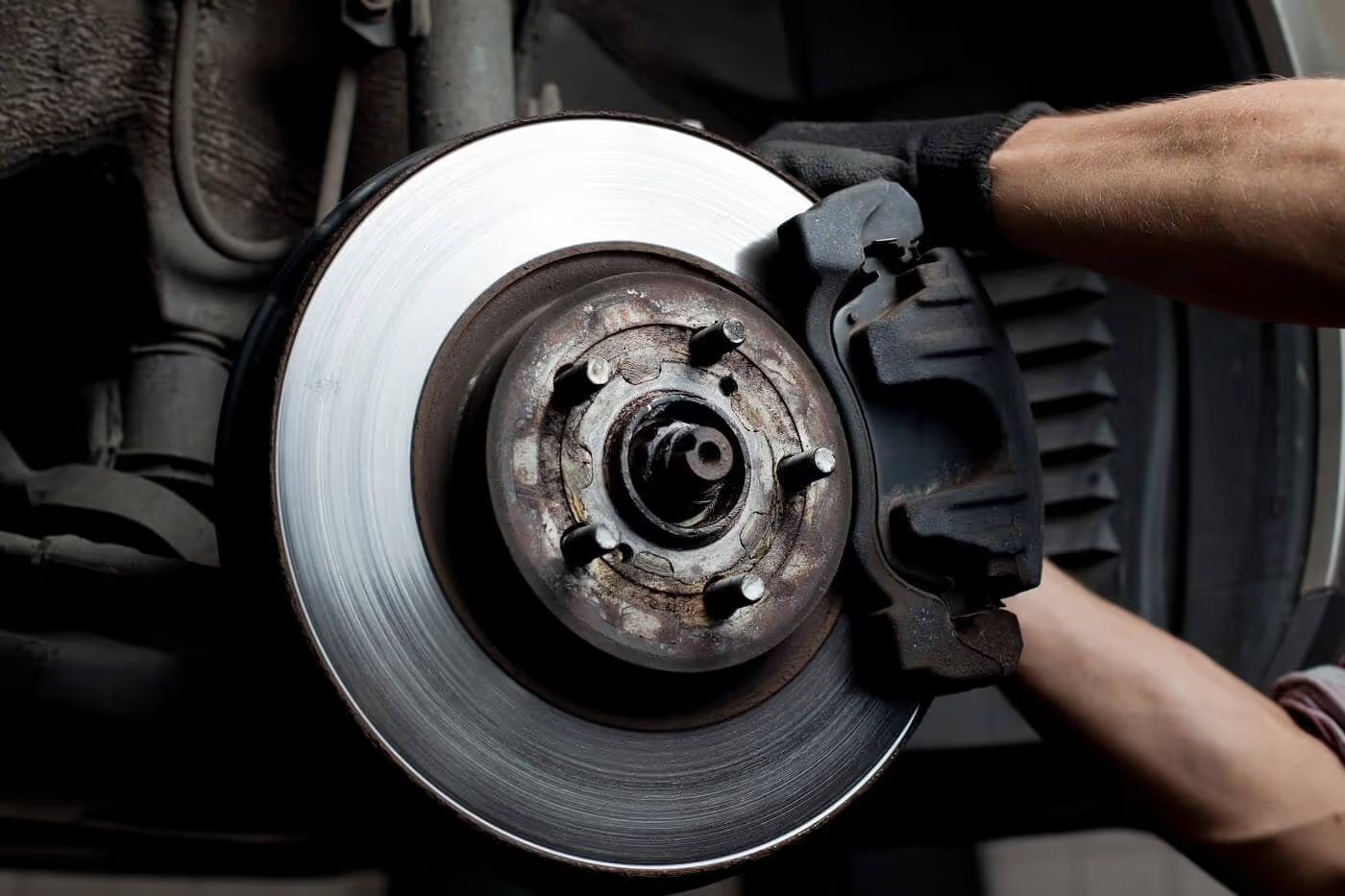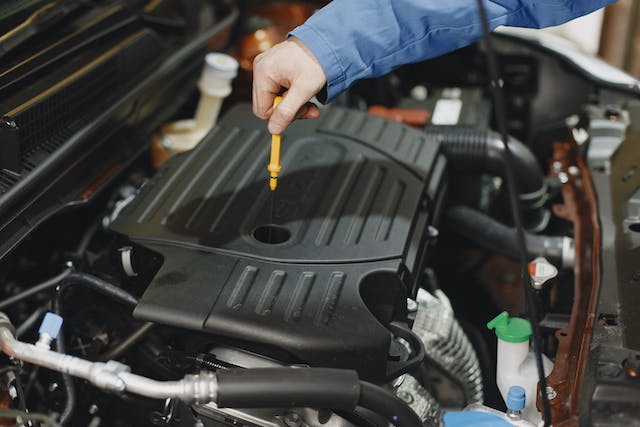Understanding Full Service Brakes: When and Why to Get Them Checked

Maintaining your vehicle’s braking system is crucial for safety and performance. While routine brake checks are common, understanding the importance of full-service brakes and when to have them inspected can significantly impact your driving experience. This guide will explore what full-service brakes entail, the signs that indicate it’s time for a check, and the benefits of timely maintenance.
What Are Full-Service Brakes?
Full-service brakes involve a comprehensive inspection and maintenance of your vehicle’s entire braking system. Unlike basic brake checks that might focus on pad wear, full-service maintenance covers everything from the brake pads and rotors to the brake fluid and hydraulic components. This thorough examination ensures that every part of the braking system functions optimally, reducing the risk of brake failure and enhancing overall safety.
During a full-service brake check, technicians will typically inspect the brake pads, rotors, calipers, brake lines, and fluid levels. They may also test the anti-lock braking system (ABS) and assess the overall performance of the brakes under various conditions. This detailed approach helps identify potential issues before they become major problems, ensuring that your vehicle remains safe and reliable on the road.
Signs That You Need to Get Your Brakes Checked
Recognizing the signs that indicate your brakes need attention can prevent costly repairs and potential accidents. One of the most common indicators is a squealing or grinding noise when applying the brakes. This sound often signals that the brake pads are worn and need replacement. Ignoring this can lead to damage to the rotors, which is a more expensive fix.
Another sign is a vibrating or pulsating sensation when braking, which could indicate warped rotors. If your vehicle pulls to one side when braking, it may suggest an issue with the brake calipers or uneven wear on the brake pads. Additionally, if you notice that your brake pedal feels spongy or requires more pressure to engage, it could be a sign of air in the brake lines or low brake fluid, both of which require immediate attention.

Why Timely Brake Maintenance Is Crucial
Timely brake maintenance is essential for ensuring the longevity and performance of your vehicle’s braking system. Regularly scheduled full-service brake checks can prevent minor issues from escalating into major problems that could compromise your safety on the road. For example, addressing worn brake pads before they damage the rotors can save you from more expensive repairs down the line.
Moreover, consistent brake maintenance can improve your vehicle’s stopping power, which is crucial in emergency situations. A well-maintained braking system responds more effectively, reducing stopping distances and potentially avoiding collisions. This not only keeps you safe but also enhances the safety of other road users.
The Role of Professional Technicians
When it comes to full-service brakes, trusting a professional technician is key to ensuring that the job is done correctly. Trained technicians have the expertise and tools to perform a thorough inspection and make necessary repairs or adjustments. They can also provide valuable advice on how often you should have your brakes checked based on your driving habits and the condition of your vehicle.
Visiting a reputable service center or website to schedule your brake check ensures that you receive quality service and peace of mind. Professional technicians follow industry standards and use high-quality parts, which can make a significant difference in the performance and durability of your braking system.
Conclusion
Understanding the importance of full-service brakes and knowing when to get them checked is essential for maintaining your vehicle’s safety and performance. By paying attention to the signs of brake wear and scheduling regular maintenance with professional technicians, you can ensure that your braking system remains in top condition. Regular brake checks not only extend the life of your vehicle but also provide you with the confidence to drive safely under any conditions.







